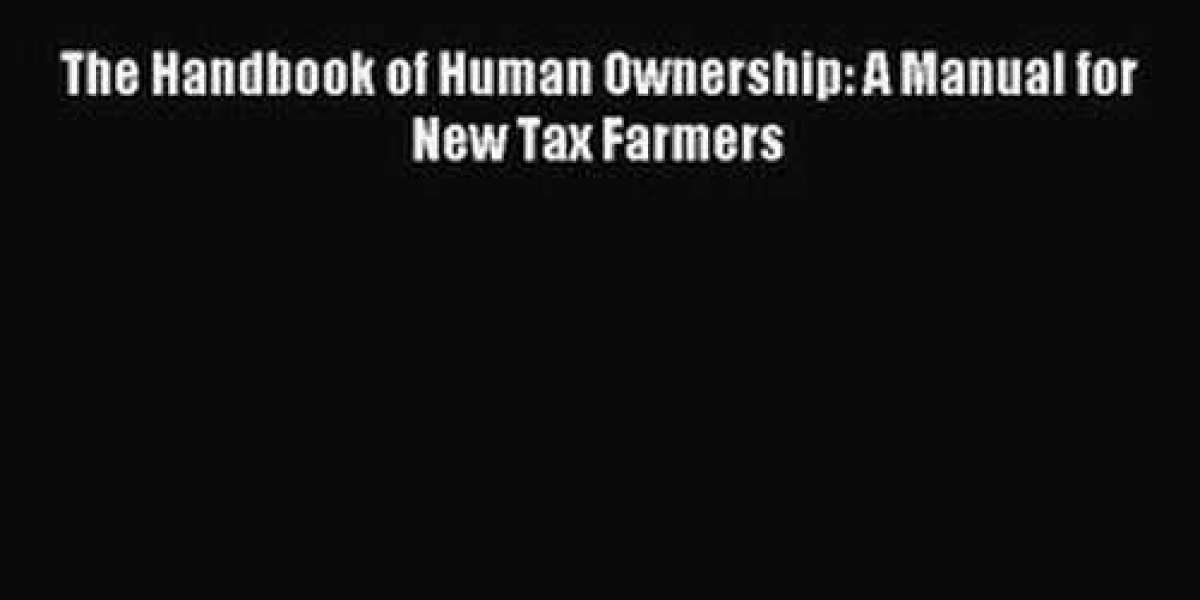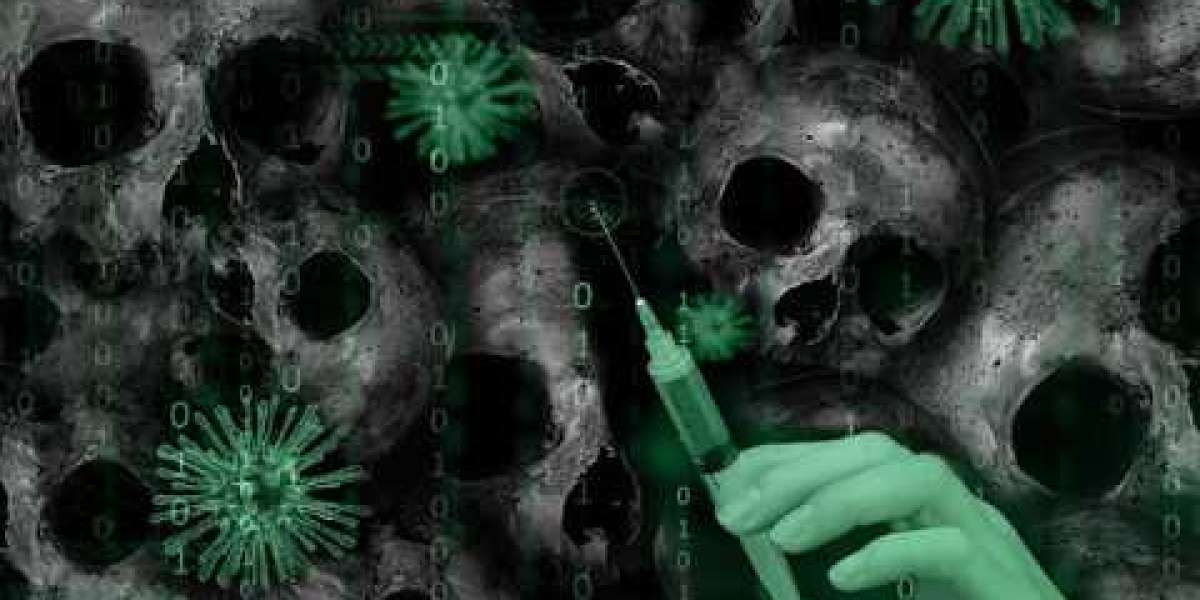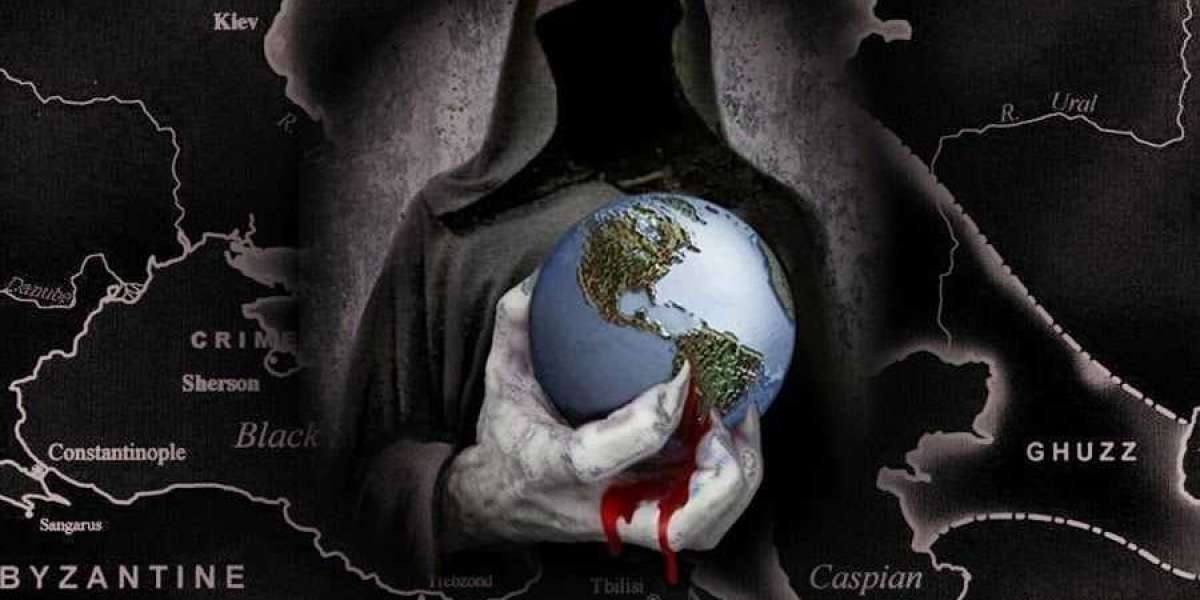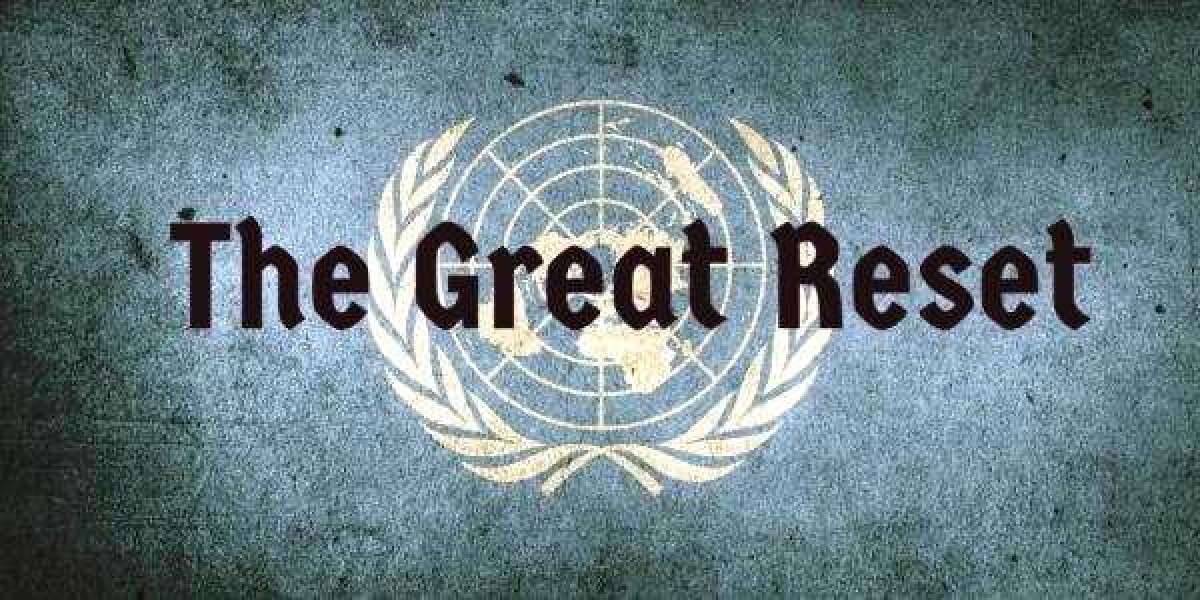Courtesy FreedomainRadio
___________________________
Hey - seriously - congratulations on your new political post!
If you are reading this, it means that you have ascended to the highest levels of government, so it's really, really important that you don't do or say anything stupid, and screw things up for the rest of us.
The first thing to remember is that you are a figurehead, about as relevant to the direction of the state as a hood ornament is to the direction of a car - but you are a very important distraction, the "smiling face" of the fist of power. So hold your nose, kiss the babies, and just think how good you would look on a stamp. A stamp, for mail... No, not email, mail. Never mind, we'll explain later.
Now, before we go into your media responsibilities, you must understand the true history of political power, so you don't accidentally act on the naïve idealism you are required to project to the general public.
____________________________________________
- Human Livestock - A History of Tax Farming
The reality of political power is very simple: bad farmers own crops and livestock - good farmers own land and human beings.
This is not nearly as simple as it sounds, hence the need for this manual.
The very first thing to remember is that you are a mammal, an animal, and like all animals, you want to maximize consumption while minimizing effort. By far the most effective way to do this is to take from other people, just as a farmer takes milk and meat from cows.
In the dawn of history, this predation occurred in the most base manner, through brute cannibalism. While this may have proven effective in the short run, it fell prey to the problem of consuming your seed crop, in that it provided only a few meals, whilst re-growing more human livestock took over a decade.
And, it was pretty gross. Sometimes, even after you washed your food, it was too smelly to eat. (Interesting fact: deodorant was first invented as marinade.)
The husbandry of human ownership took a giant leap forward with the invention of slavery, which was a step up from cannibalism because instead of using people as food, it used people to grow food, which was a much more sustainable model, to say the least. And far less smelly.
Slavery was an improvement to be sure, but it limited the growth of the ruling class because it could not solve the problem of motivation. Turns out, if you treat people like a machine, they end up with the motivation of a machine, which is to break two days after the warranty ends, haha.
Anyhoo, the basic reality of human ownership is this:
1. First, you must first subdue the masses through force
2. Then, you maintain that subjugation through the psychological power of ethics.
People think that ethics were invented to make people good, but that's like saying that chastity belts were invented to spread STDs. No, no - ethics were invented to bind the minds of the slaves, and to create the only true shackles we rulers need: guilt, self-attack and a fear of the tyranny of ethics. Whoever teaches ethics rules the herd, because everyone is afraid of bad opinions, mostly from themselves. If you do it right, no judgment will be as evil or endless as the one coming from the mirror.
This is all fairly straightforward - however, the ethics required to control slaves requires the creation of a paradise after death that they can look forward to, if only they continue to obey their masters. This harvests the muscles of the slaves, but not their minds, which remain depressed and alienated and otherworldly and, well, economically fairly useless. Basically, you're saying "Hey, let's double down, shall we? I'll trade you pretty much everything in this life for everything in the afterlife, mmmkay?" It really only takes a moment's thought to realize that anyone making that deal has no belief in the afterlife - I mean, look at the gold palaces of the Pope, for heaven's sake! - but frankly, a moment's thought appears to be a moment too long for most people.
Tragically, slavery had its limits. Slaves have to be treated as apes that can be verbally commanded, which provides the ruling classes sophisticated control over their muscles, but permanently breaks the most valuable resource of the human crop - their minds.
The Roman Empire perfected the slave-owning model, but inevitably ended up creating too many dependent slaves, which triggered the slow economic collapse of the entire system.
After the Dark Ages, when the ruling classes had to suffer the indignity of retreating into the dank attics of the Church, the feudal model emerged.
The feudal approach improved on the direct slave-owning model by granting the human livestock ("serfs") nominal ownership over land, while taking a portion of their productivity through taxes, military conscription, user fees for grinding grain and so on. So instead of owning folks directly, we just let them sweat themselves into puddles on their little ancestral plots, then took whatever we wanted from the proceeds -- all the while telling them, of course, that God Himself appointed us as masters over them, and that their highest virtue was meek subservience to their anointed masters, blah blah.
Again, you might be thinking that, historically, God seems to have had a very soft spot for the most violent, entitled and warlike of His flock - and if meek submission was a virtue, why was it not practiced by the rulers, and so on, but don't worry; you need to just put these entirely natural thoughts right out of your head, because once the people become enslaved, basic reasoning just short-circuits in their tiny minds, so that they do not see the cramped horrors of their little lives.
Anyway, the evolution of medieval serfdom split society into four basic groups:
1. The ruling class (aristocracy);
2. The church (propaganda);
3. The army (enforcement) - and;
4. The serfs (livestock).
The aristocracy - of which you are now a proud member - reaped the rewards; the Church controlled the slaves through ethics; the Army attacked those not subjugated through ethics, and the Serfs paid for the whole show. The modern equivalents are: the political masters, the media, the police and the taxpayers.
Since they had partial custodianship of the land, medieval serfs had at least some incentive to optimize their agricultural productivity, and so starting from about the 12th century, significant increases in farm production created the excess food required for the development of cities, the natural home of the ruling classes.
The economic development of cities remained dependent upon the rediscovered Roman law, which was not a free market/private property legal system, and so economic productivity remained relatively stagnant, at least compared to the 18th century to the present.
Medieval guilds were ridiculously inefficient, forcing father-to-son transmission of livelihoods, requiring ridiculously lengthy apprenticeships designed to raise barriers to entry, denying advertising and marketing opportunities, and so on.
Furthermore, the Catholic Church had banned usury, or the lending of money for interest, which prevented investment in economic improvements. (This was largely due to the fact that the Church, and the Aristocracy it served, did not want to pay interest on its debts.)
(All of these early economic inefficiencies hindered the development of democracy, which requires enormous reserves of capital, used as collateral to bribe voters in the present with the money of the future.)
The splintering of Christendom into warring factions during the Reformation created new opportunities for capital accumulation and loans, and the economic warfare that resulted was really a conflict between medieval capital inefficiencies and the new investment efficiencies available under Protestantism - and Judaism to some degree. Naturally, the religion that was able to borrow the most won, and lending money for interest became an established practice throughout society, thus paving the way for the Industrial Revolution.
Also, after hundreds of years of bloody religious warfare where priests were effectively trying to gain control of the military might of the state, in order to impose their doctrines on everyone else, the separation of church and state became a matter of base survival. Prying religious doctrines away from government policies meant that some vaguely rational approaches to property rights and trade could be achieved, which gave rise to arguments for free trade, notably by Ricardo and Adam Smith.
When you stop trading in God, you can start trading in goods.
Starting in the 17th century, the agricultural productivity that the cities depended on began to falter. Serf landholdings were willed to sons, which created increasing fragmentation of properties, and inevitable inefficiencies in sowing and plowing. The ruling classes, eager to remain in the cities rather than go back to the damp and dirty countryside, forced the enclosure movement on the peasants, consolidating landholdings and driving hundreds of thousands of serfs off their ancestral lands. This almost immediately increased agricultural productivity, saving the cities - while creating a massive army of cheap labor which, having no land to farm anymore, inevitably ended up looking for work in towns.
The conditions were thus ripe for the Industrial Revolution - capital freedom, a mass of cheap labor, some free trade, excess food, and the growing religious skepticism which resulted from the wonderful advances of the scientific method, followed since the 16th century.
It was at some point during this period that the greatest leap forward in human ownership came to pass, which was the simple genius of allowing the livestock to choose their own occupations.
At one fell swoop, the problem of livestock motivation was largely solved - at least until the present. Rather than eat the human livestock, or own them directly, or force them into specific occupations, a free market was created for the source of wealth, while the enslavement aspect was shifted to the effects of wealth, i.e. wages and capital.
Labor was free, wages were taxed - this was the greatest leap forward in human farming history! All prior ruling classes were revealed as incompetent parasites, compared to the brilliant manipulations of the modern human harvester!
The economic predations of the ruling classes still remained, but became largely invisible. Tariffs and duties were buried in the prices paid by consumers, who had no comparison prices to see their effects. The softening of the visible whip to a kind of leeching fog gave the livestock the perception of freedom - and they all stampeded to work, to wealth, and to fatten our tables in a way we had never dreamed possible!
The trapped entrepreneurial energies of the human herd were thus unleashed for the first time in history, producing a staggering superabundance of wealth and products and services, portions of which were hoovered up to the ruling classes to a degree never before experienced!
The benefits were clear, the productivity increases astounding - but the complications of managing this semi-free horde of human livestock rose exponentially as well.
The first and greatest danger was the shift from aristocracy to meritocracy, or the reality that greater wealth could be accumulated through trade and creativity rather than tax pillaging and the control of state violence. (This was same danger faced by the Church in the shift from superstition to science.)
The rising entrepreneurial class created an uncomfortable split within society, in which the benefits of the aristocracy began to be openly questioned. Societies like America were founded without any aristocracy at all - and aristocracies across Europe faced mounting rebellions, and sometimes outright extinction.
The aristocracy did not want to crush the entrepreneurial class - since it was so wonderfully productive - but it could not allow itself to be eclipsed by these entrepreneurs, and so another unnamed genius came up with a delightfully playful solution called incorporation.
The entrepreneurial classes wanted to maximize their profits, of course, and sometimes this came at the expense of the workers. In the early 19th century, citizens had access to a common law legal system that allowed them to bring suit against their employers for death, mutilation, pollution and so on. The capitalists wanted to avoid these legal attacks of course, but no one wanted to explicitly strip the workers of these rights, otherwise they would become aware of their enslavement, and would lose their motivation, and we would be right back to the Middle Ages again, which no one wanted at all!
Across the Western world, government after government introduced the concept of incorporation, a brilliant stroke in the annals of human ownership! Incorporation created a legal fiction called a corporation which shielded entrepreneurs, capitalists, managers and owners from most legal repercussions for their misdeeds - and even losses within their businesses!
Entrepreneurs could now take money out of this "corporation" and keep it for themselves, while if any legal action succeeded against them, or their businesses lost money or went into debt, it was now the "corporation" and "shareholders" and employees that paid the price, and no one could ever come after their personal assets. It was like a casino where you kept your winnings, and strangers paid your losses.
In return for extending this legal shield to the capitalists, our political class took a cut in the form of corporate taxes - most of which came from dividends and wages of course. This effectively trapped the entrepreneurs in the service of the state, ensuring that they would never seek to eclipse or make redundant the political class, since they were now dependent upon State power for the maintenance of their legal shield and one-way economic privileges.
- The 19th Century
The 19th Century was a wildly creative time in the history of human livestock ownership. The amazing productivity unleashed by the privatization of labor, and the partial socialization of wages, created such prosperity that the necessity of the ruling classes itself was called into question.
Furthermore, the increased education and economic initiatives of the working classes threatened the economic value of the managerial classes. The workers achieved almost complete literacy, and possessed excellent work ethics, legal knowledge and social networks, including the so-called Friendly Societies, which shielded the poor from destitution through any of life's many accidents.
The supply of those able to manage thus increased, which drove down the price of management - which was not exactly welcomed by the existing capitalists.
The traditional solution to increased competition from the poor was to ban books and education, inflict religious guilt about materialism, or start a war - none of which were politically or economically advantageous at the time. Openly banning education for the children of the poor would have reintroduced the "OMG I'm a total slave!" demotivation problem; religious belief was waning, while war would have destroyed all the new capital that the ruling and entrepreneurial classes were enjoying.
In a brilliant stroke, the ruling classes and the Church conspired to create a false educational "emergency." In conjunction with a large number of resentful and underperforming teachers, public school education was introduced with the stated goal of improving the skills, abilities and intelligence of the poor.
Naturally, the true goal was the exact opposite. Rather than focusing on practical, economic and entrepreneurial knowledge, government schools quickly shifted the educational focus towards patriotic history, rote memorization and recitation, Latin and Greek, and an endless plethora of other useless and boring trivia. This was the sports equivalent of forcing your competition to take naps instead of training, resulting in a truly delightful absence of competition for medals. Government schools created dull, resentful drones only fit for taking orders, so the threat to the managerial class was averted. (All this started in Prussia, which was medieval, mystical and militaristic, which should have been something of a clue for everyone, but again, thought hurts, apparently.)
One of the four pillars of the human farm, the Church, faced mounting challenges in the 19th century, as the increased secularism of the Industrial Revolution and the growth in the empirical value of the scientific method undermined the superstitious terrors of the Middle Ages.
Sensing that the power of their God was on the decline, the clergy began casting about for a new home. Their expertise was in sophistic ethics, remember, rather than political power, and so they came up with a wonderful idea that allowed them to bring their brilliant historical lies into politics, but without having to enter into the sordid knuckle fights of base democratic electioneering.
In a word: socialism.
Socialism, or communism as it is sometimes called, is merely a secular religion, where the State becomes a god. It has its good and evil, its creation myths, its eventual heaven where the State withers away, its ruling class of ethical liars, and so on. Priest as Plato, you get the picture...
Suddenly, instead of heaven existing in the afterlife, it was promised in this life, as soon as government programs succeeded. (The afterlife is far more likely!) The new Socialist clergy promised an end to poverty, injustice, illiteracy, shortness, baldness - any word they could get their grubby hands on - and of course anyone who disagreed with these fantasies was immediately portrayed as pro poverty, injustice, illiteracy etc. Of course, just as the moral guilt of religion can never create virtue, government programs can never create paradise, and so a perpetual motion machine of social control was started, where the supposed "solutions" just created more of the same problems.
(p)art II https://vriendenplek.nl/read-blog/772_the-handbook-of-human-ownership-2.html









